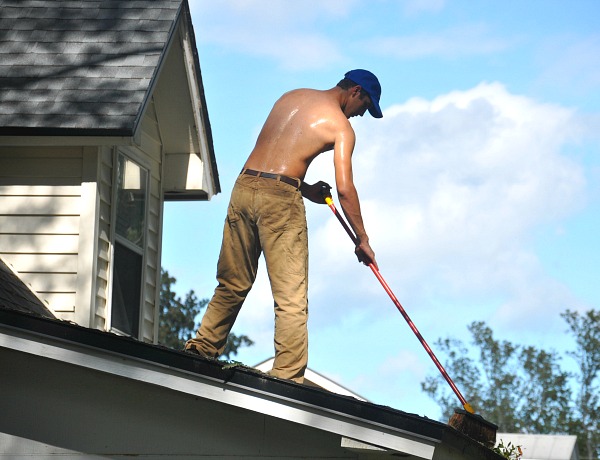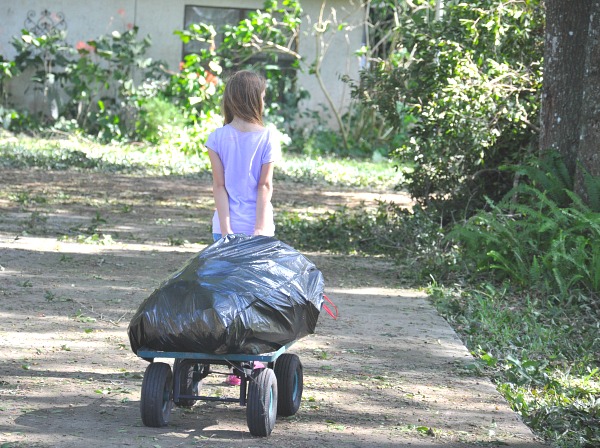Originally published Tuesday, 11 April 2017.
As soon as I said it, I wanted the words back.
Even now I wince at my blunder. I’d had such good intentions to minister but I was pretty naïve about these situations. As a young 20-something mom fresh out of grad school, I just had no experience dealing with that degree of suffering.
Our music minister’s wife had end-stage breast cancer. When the list was passed around the choir room to bring meals, I signed up. I was fine cooking the meal and delivering it. But now standing at the door with my casserole in hand, I suddenly felt unprepared with what to say.
The minister’s adult daughter took the meal at the door without inviting me in. The house was dark and quiet behind the open doorway and my cheerful smile sobered as I handed her the dinner.
That’s when I added : “And I’m sorry the radio license was denied,” thinking my words were helpful but immediately sensing it was not the time or place.
In my defense, her father had been working to open a Christian radio station and our church was praying with him that a license would be awarded. Earlier that day, we’d learned it’d been denied and, of course, I was sorry for this disappointment.
But now it felt like heaped on hurt as I mentioned it. Really, Lisa? Her mom lay terminally ill in another room and I realized how out of place my words sounded.
That wasn’t the only time I blundered when I was trying to help. Or missed signs altogether that help was needed.


I think we’ve all probably been there at some point — wondering what to say and what not to say. Wondering whether we should go or whether we might be intruding. Wondering how to really give the kind of help that’s needed and not just a general, feel-good prescriptive.
I have wizened over the years and — especially in the last few years of our own deep grief — learned from the receiving end what’s really helpful. I’ve learned so much watching those around me who really love their neighbor well and are comfortable doing it.
“We are meant to be part of the physical, human illustration of God’s power. We are meant to help, heal, minister to, and love someone for His sake. And in the midst of brokenness, there’s no better time to love our neighbor than the present.”
Those words are from Sarah Beckman, author of Alongside: A Practical Guide for Loving Your Neighbor in their Time of Trial.
And this book is most certainly a practical guide. I was delighted to find this book is not all fluffy platitudes but chock-full of hands-on advice and ideas for how to really help our neighbor, our friend, our co-worker who finds herself facing a diagnosis or death or real difficulty.
I have dog-eared, underlined and made copious margin notes in my copy of Alongside. Sarah writes from her own experience both receiving help when she needed it and walking through terminal illnesses with several friends and family members.


She shares lists of online sites to coordinate help; guidelines when giving help; how to respect the recipient while helping; how to listen, what to say and what not to say; gift suggestions for men, women, teen, children and families; how to pray; how to look for special needs and long-term needs and more.
Alongside is more than a general why-we-should-help-others book. Sarah has pulled together a well-researched, deeply-resourced book with practical steps we can use to reach out and love others well. And I'm so excited, not just to now have this resource on my shelf, but to help celebrate it's release.
*This post appeared first at LisaAppelo.com. If you'd like encouragement for the hard places delivered right to your inbox, you can subscribe here and I'd love to send you a free downloadable gift!








